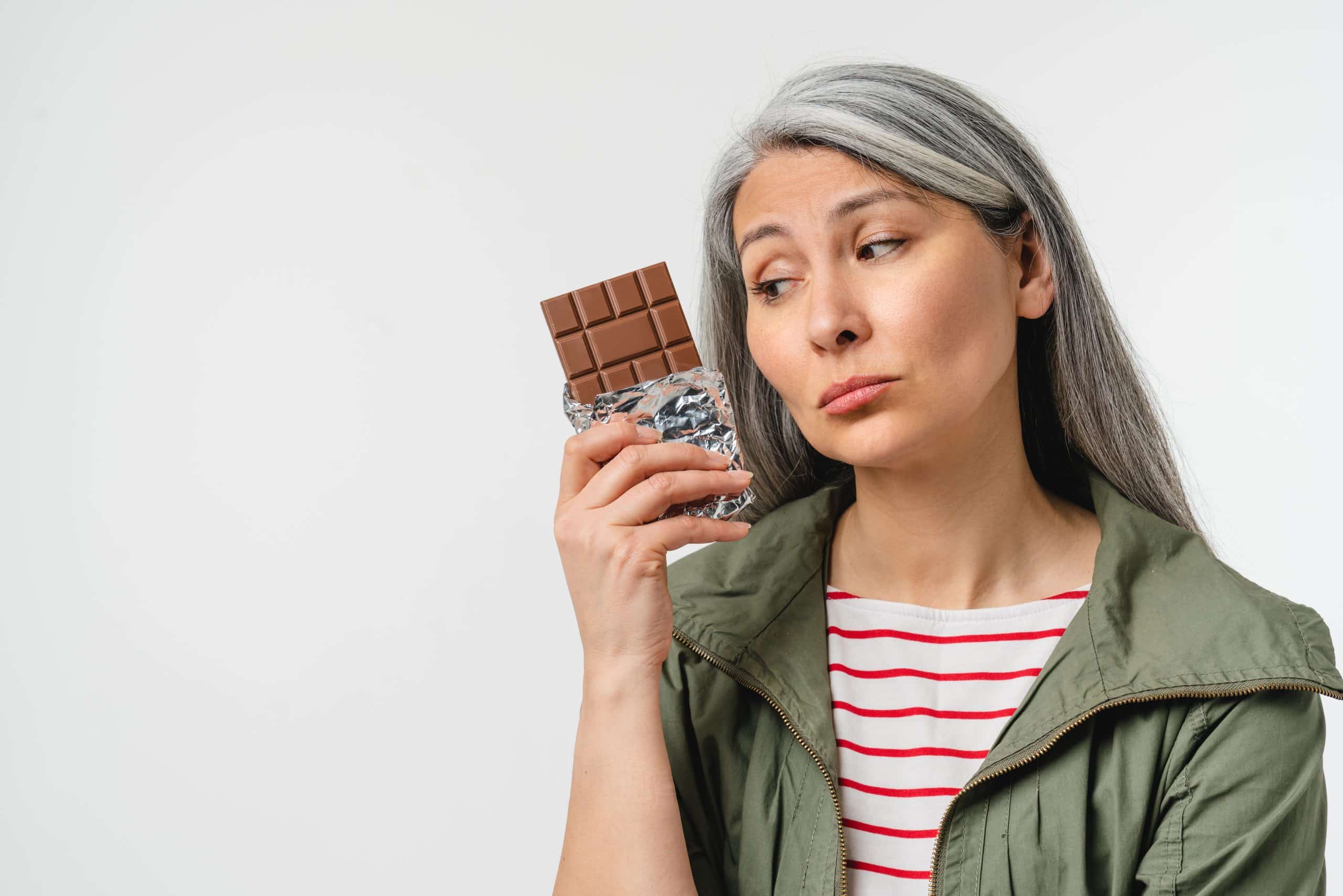Unlock effective fat loss strategies tailored for menopause, focusing on nutrition, understanding hunger vs. cravings, and improving sleep. Discover how to adapt your diet for better body composition and well-being during menopause.
Navigating Menopause: A Guide to Fat Loss and Improved Well-being
Menopause brings with it a host of challenges, including changes in body composition, increased hunger, cravings, and disrupted sleep patterns. As estrogen levels fluctuate, you might find that your old weight loss strategies are no longer effective. This is a common experience, as hormonal changes impact ghrelin and leptin levels, increasing appetite while making it harder to feel satisfied. If you’re struggling with these changes, you’re not alone. The good news is, there are effective strategies you can adopt to navigate this period of your life with grace and health.
Understanding Your Body’s Signals
First and foremost, it’s crucial to distinguish between actual hunger and the desire to eat. Hormonal shifts can cloud our ability to recognize our body’s true needs, leading to unnecessary snacking and calorie intake. By tuning into your body’s signals and differentiating between hunger and cravings, you can take a significant step toward managing your weight during menopause.
Mindful Eating for Satisfaction and Digestive Health
Slowing down and savoring your meals can enhance your dining experience and aid digestion. Mindfulness at the dining table allows you to enjoy your food more and recognize when you’re full, preventing overeating and promoting better digestion.
The Role of Protein in Menopause Weight Management
Protein is a powerhouse nutrient for anyone, but especially for those going through menopause. It not only supports muscle mass but also requires more energy to digest compared to fats and carbs, making it an excellent ally in weight management. Incorporating sufficient protein into your diet can help keep you fuller for longer and preserve muscle mass, which tends to decline with age.
Choosing Whole Foods Over Processed Options
Nutrient-rich, whole foods provide your body with the fuel it needs to function optimally. Instead of focusing on what you’re eliminating from your diet, consider what beneficial foods you can add. This positive approach to nutrition can lead to sustainable eating habits that support fat loss and overall health.
Personalized Fat Loss Plans
Everyone’s journey is unique, especially during menopause. If you’re looking for a tailored approach to tackle menopause-related weight gain, consider reaching out for a personalized fat loss plan. Such plans can address your specific needs, preferences, and lifestyle, ensuring you have the support and guidance necessary to achieve your health goals.
Closing Thoughts
Menopause doesn’t have to mean giving up on your fitness and well-being goals. With the right strategies, including mindful eating, focusing on protein, reducing processed food intake, and understanding your body’s hunger cues, you can navigate this phase with confidence. Remember, it’s not just about losing weight—it’s about gaining health, vitality, and joy during a transformative period of your life.
For more detailed guidance and a customized fat loss plan tailored to your menopause journey, feel free to reach out at shea@bia_body.com. Together, we can make menopause feel like a powerful transition, not a setback.
References:

I discovered my passion for nutritional coaching as a client after the birth of my second child at age 39. The invaluable coaching I received inspired me to help other women grow in their roles as individuals, wives, and mothers. Starting my coaching business in 2017, I earned a Precision Nutrition certification, shaping my techniques around education and results. My background as an athlete and dedication to strength and endurance influence my coaching style. After facing postpartum challenges with my third child at 44, I struggled to stabilize until discovering hormonal imbalances. This experience fueled my commitment to coaching women through their hormonal health in adulthood. I tailor individual plans based on evidence-based nutrition science and clients’ fitness goals, aiding women in achieving performance, fat loss, and hormonal health objectives.
With expertise in perimenopause-post menopause, fertility, postpartum, pelvic floor health, intuitive eating, PCOS, and various life stages, my goal is to empower every woman to be her strongest and healthiest self. I have coached hundreds of women since 2017 and am passionate about helping more.
Now 48, married with three kids, I leverage my life experiences for clients’ growth, balancing personal interests in weightlifting, bodybuilding, hiking, family time outdoors, and cooking nutritious meals.
